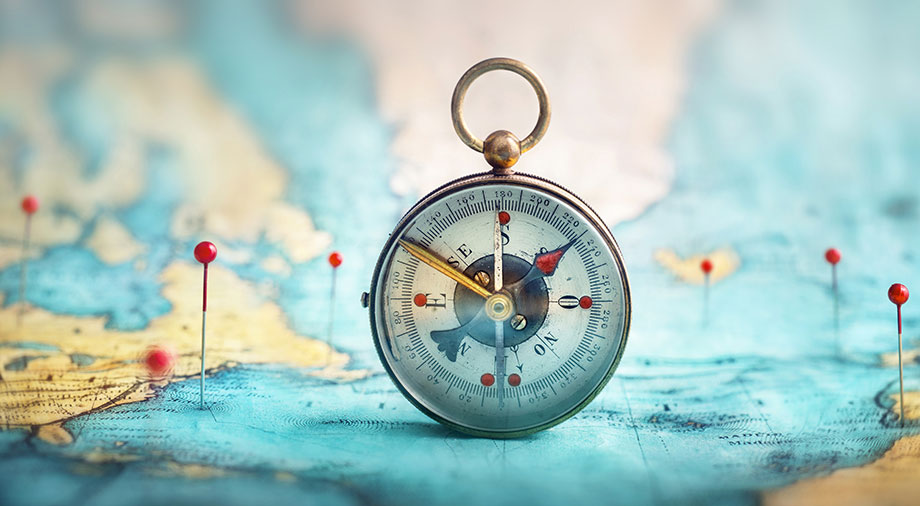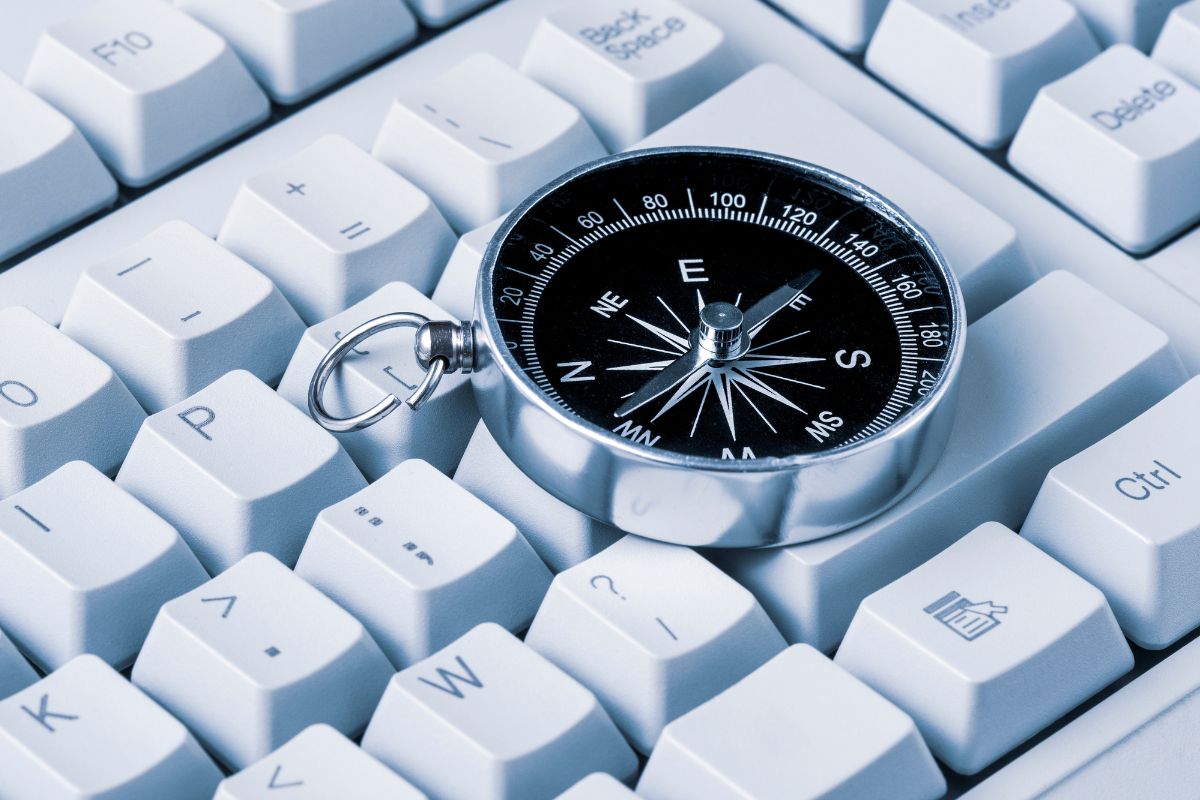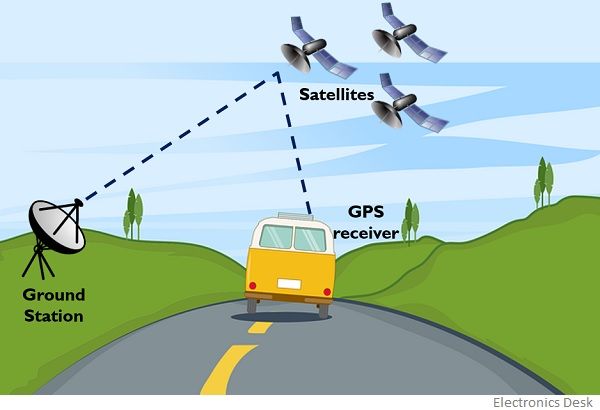Navigating the World: The Power of Location Sharing and Its Applications
Related Articles: Navigating the World: The Power of Location Sharing and Its Applications
Introduction
With enthusiasm, let’s navigate through the intriguing topic related to Navigating the World: The Power of Location Sharing and Its Applications. Let’s weave interesting information and offer fresh perspectives to the readers.
Table of Content
Navigating the World: The Power of Location Sharing and Its Applications

In the digital age, our ability to navigate and understand our surroundings has been revolutionized. The seemingly simple act of pinpointing our location on a map has become an indispensable tool for various purposes, ranging from everyday convenience to complex logistical operations. This article delves into the intricacies of location sharing, exploring its diverse applications, benefits, and underlying technologies.
The Foundation of Location Sharing: GPS and Beyond
The foundation of location sharing lies in the Global Positioning System (GPS), a network of satellites orbiting Earth that continuously transmit signals. GPS receivers, commonly found in smartphones and other devices, receive these signals and use them to calculate their precise location. This technology has transformed the way we interact with our environment, enabling us to:
- Navigate with Accuracy: GPS-enabled navigation apps provide turn-by-turn directions, making it easier than ever to find our way around unfamiliar areas.
- Track Our Movement: Fitness trackers, ride-sharing services, and other applications leverage GPS to monitor our movements, providing valuable data for health tracking, transportation optimization, and more.
- Share Our Location with Others: The ability to share our location with friends, family, or colleagues has become increasingly commonplace, facilitating communication and coordination.
Beyond GPS, other technologies contribute to location sharing, including:
- Cellular Triangulation: Using the signals from nearby cell towers, mobile devices can estimate their location.
- Wi-Fi Positioning: By identifying nearby Wi-Fi networks, devices can pinpoint their location with reasonable accuracy, particularly indoors where GPS signals may be weak.
- IP Address Geolocation: While less precise, the IP address associated with a device can provide a general location based on the geographic region of the internet service provider.
Applications of Location Sharing: A Multifaceted Tool
The ability to share location information has become deeply embedded in various aspects of our lives, impacting:
1. Personal Navigation and Travel:
- Route Planning and Traffic Avoidance: Navigation apps use real-time traffic data to suggest optimal routes, minimizing travel time and frustration.
- Finding Points of Interest: Location-based services allow users to discover nearby restaurants, shops, attractions, and other points of interest.
- Travel Safety: Sharing location with trusted contacts can provide peace of mind while traveling, allowing them to track your whereabouts and offer assistance if needed.
2. Social Networking and Communication:
- Meeting Up with Friends: Location sharing apps simplify the process of arranging meetups, allowing friends to see each other’s locations and easily find their way.
- Sharing Experiences: Social media platforms leverage location data to enhance user experiences, allowing people to share photos and updates tagged with their location.
- Emergency Response: In case of emergencies, sharing location with emergency services can significantly expedite response time.
3. Business and Industry:
- Logistics and Delivery: Real-time location tracking of goods and vehicles enables efficient delivery operations and optimized routing.
- Field Service Management: Location data helps businesses track the whereabouts of their field workers, ensuring timely service and efficient resource allocation.
- Customer Service: Businesses can use location data to provide personalized services, such as recommending nearby stores or offering location-specific promotions.
4. Research and Data Analysis:
- Urban Planning: Location data collected from mobile devices can provide insights into population movement, traffic patterns, and other urban dynamics, informing urban planning decisions.
- Epidemiological Studies: Location data can be used to track the spread of diseases and identify potential outbreaks, facilitating public health interventions.
- Environmental Monitoring: Location data combined with sensor data can be used to monitor environmental conditions, such as air quality and water pollution.
Benefits of Location Sharing: Enhanced Efficiency and Convenience
The widespread adoption of location sharing has brought numerous benefits, including:
- Increased Efficiency: Location data helps optimize routes, schedule appointments, and manage resources effectively, saving time and money.
- Improved Communication: Sharing location with others facilitates smoother coordination and reduces confusion, particularly in complex situations.
- Enhanced Safety: Location tracking can provide peace of mind, particularly for individuals traveling alone or in vulnerable situations.
- Personalized Experiences: Location data allows businesses to tailor their services and offerings to individual needs and preferences.
Privacy Concerns and Ethical Considerations
While location sharing offers significant advantages, it also raises concerns about privacy and data security. The following considerations are crucial:
- Data Collection and Storage: Transparency is essential regarding the collection, storage, and use of location data. Users should understand how their data is being used and have the right to opt out or control its access.
- Data Security: Robust security measures are vital to prevent unauthorized access to location data and protect it from breaches.
- Informed Consent: Individuals should be informed about the potential risks and benefits of location sharing before providing consent.
- Ethical Use of Location Data: It is crucial to ensure that location data is used ethically and responsibly, avoiding discriminatory practices or misuse for surveillance purposes.
FAQs about Location Sharing:
1. Is my location data always being tracked?
Not necessarily. Most devices only track location when a specific app is actively using it or when you have explicitly enabled location sharing.
2. How can I control my location sharing?
Most devices and applications offer settings to control location sharing. You can choose to disable location sharing entirely or allow specific apps to access your location.
3. What are the risks of sharing my location?
Sharing location data with untrusted sources can expose you to privacy risks, such as tracking, stalking, or identity theft. It is crucial to be selective about who you share your location with.
4. Can my location data be used for advertising?
Yes, location data can be used for targeted advertising. Some applications may share your location with advertisers to deliver relevant ads.
5. How can I protect my privacy when using location-based services?
- Be selective about the apps you allow to access your location.
- Regularly review your privacy settings and adjust them as needed.
- Use VPNs or other privacy-enhancing tools to mask your IP address.
- Avoid sharing location data with untrusted sources.
Tips for Using Location Sharing Responsibly:
- Understand the Terms of Service: Before sharing location data, carefully read the terms of service of the app or service to understand how your data will be used.
- Be Selective: Only share your location with trusted individuals or applications.
- Control Your Settings: Regularly review and adjust your location sharing settings to ensure you are comfortable with the level of access granted.
- Use Location Sharing Features Wisely: Use location sharing features strategically, only when necessary and with appropriate safeguards in place.
Conclusion: Navigating the Future of Location Sharing
Location sharing has become an integral part of our digital lives, offering numerous benefits in navigation, communication, business, and research. However, it is essential to approach location sharing with awareness and caution, prioritizing privacy and ethical considerations. By understanding the technology, its applications, and potential risks, individuals can navigate the future of location sharing responsibly, harnessing its benefits while protecting their privacy. As technology continues to evolve, we can expect even more innovative applications of location sharing, further transforming the way we interact with the world around us.








Closure
Thus, we hope this article has provided valuable insights into Navigating the World: The Power of Location Sharing and Its Applications. We appreciate your attention to our article. See you in our next article!